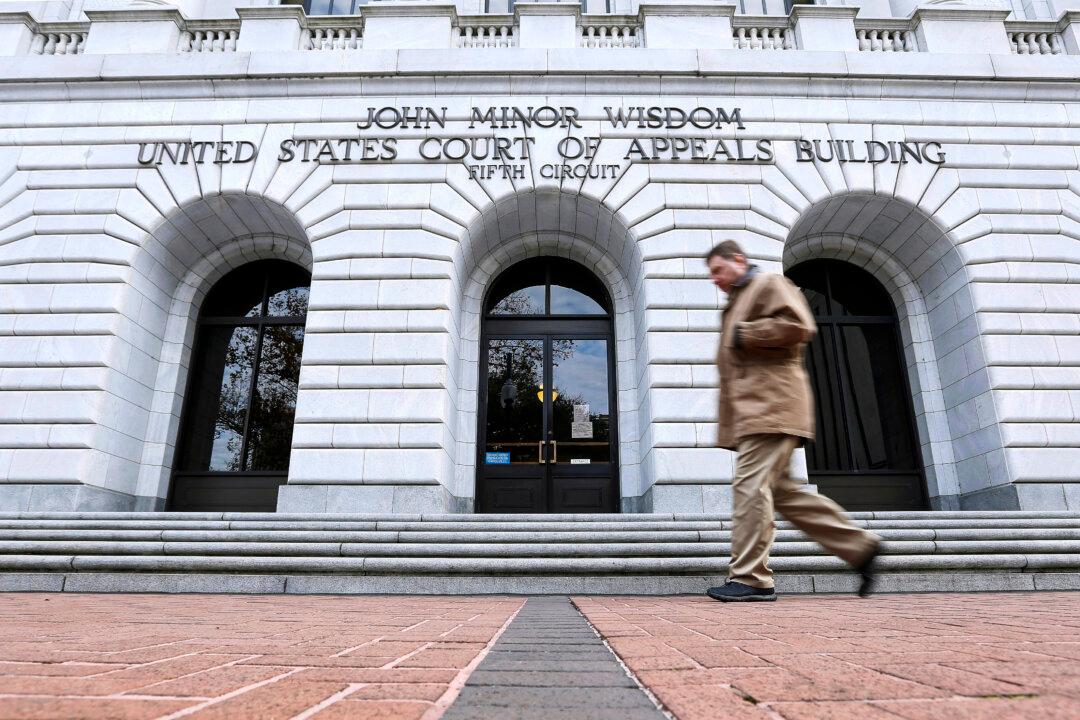Minority groups are not able to join together to claim their votes are diluted in challenges to redistricting, according to an Aug. 1 ruling from a federal appeals court.
The U.S. Court of Appeals for the Fifth Circuit ruled in 1988 that minority groups could join together to challenge redistricting under the Voting Rights Act, which bars denial or abridgment of voting rights based on race. In the new ruling, the same court reversed that decision.





